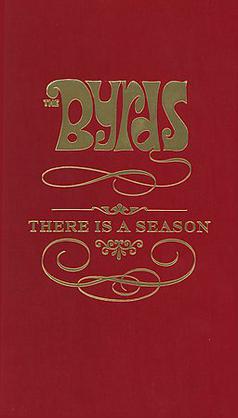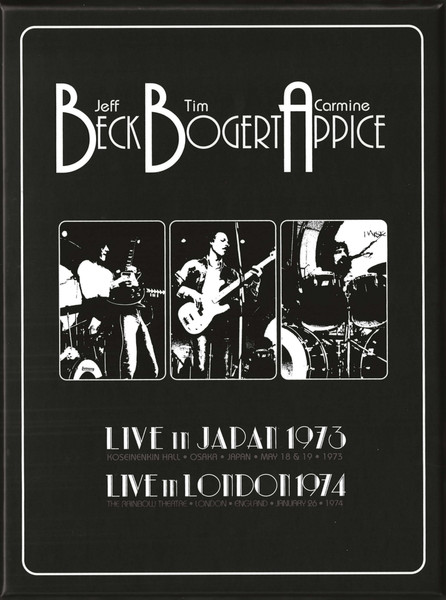One defense of the factory ethic is that the Monkees originally relied on Brill Building veterans for their music, from song to record, and while that’s true, it didn’t make a difference once the TV show was over. The four learned how to be a real band, succeeded at it, and promptly worked separately, to increasing indifference. Just like that, they were no longer a band, and without the show, they had no impetus to be, except from a nostalgic point of view.
Here’s the truth, and it will hurt: The Monkees were inessential without the TV show. You can bring any of the participants together in any combination, but they will be even less relevant than they were at the time. (Moreover, they don’t belong in the Rock and Roll Hall of Fame because there was nothing rock ‘n roll about Davy Jones. Sorry, folks.)
Micky and Davy worked together several times throughout the ‘70s, but it wasn’t until the big revival in 1986 that Peter was allowed back in the fold. A new hits collection—the first of many to come—called Then & Now… The Best Of The Monkees sported three “new” songs, sung by Micky and supposedly including Peter somewhere, and then Davy joined in for Pool It! the following year. The music was purely generic ‘80s pop, with all the fake drums and bad keyboards you can imagine. Mike Nesmith was conspicuous in his absence, as was any lasting impression.
Ten years later, Mike took part in the 30th anniversary campaign on the condition that he write and direct their reunion TV special, and that any new album would be written and performed solely by the four of them. Beginning with a re-recorded “Circle Sky”, Justus tried to rock, and was a little better than Pool It!, though the jury’s out as to whether Micky’s ponytail is preferable to his current choice of hats. (The TV special was clever, though. In places.)
After Davy left for that Broadway stage in the sky, the other three continued to celebrate him, Mike even going so far as to insist that the Monkees “were his band. We were his sidemen.” A few reunion tours were easy enough to pull off, but only the absolute rabid would be excited about a new album, recorded half a century after the first. Since some of those rabid ones included power pop devotee Adam Schlesinger (responsible for the music in That Thing You Do!) and his buddies in Fountain of Wayne, here was a chance for a reunion album made from true love and not merely commerce.
Indeed, Good Times! manages to capture enough of the classic vibe, and not just because it relies on vintage unfinished ’60s recordings for some of the material. The title track is an embellished Harry Nilsson demo, “Gotta Give It Time”, “Whatever’s Right”, and “Wasn’t Born To Follow” never got vocals until now, and “Love To Love” uses a 1967 track with a 1969 Davy vocal and backups recorded this century. (It’s his only appearance on the album, a Neil Diamond blender mix of “Little Bit Me” and “Solitary Man”.)
Each of the guys contributes an original, but most of the other tracks come custom-made straight from Rivers Cuomo (Weezer), Andy Partridge (XTC), and even a collaboration between Noel Gallagher (Oasis) and Paul Weller (The Jam). None are very embarrassing, if a little derivative, though the best is probably “Me & Magdalena” by Ben Gibbard of Death Cab For Cutie. (The album version is nice, but the janglier “Version 2”, available some places as a bonus track, is truly wonderful.)
Skeptical as we were, we have to admit Good Times! is worthy of all its good ink thus far received. It’s certainly better than any other “new” product released after the show was cancelled, and goes a long way to reaffirming the Monkees’ justifiable position in rock history. And that should be enough, because they still don’t belong in that building in Cleveland.
The Monkees Good Times! (2016)—3½
_(Front_Cover).jpg)
:format(jpeg):mode_rgb():quality(90)/discogs-images/R-2672735-1459636897-3071.jpeg.jpg)



:format(jpeg):mode_rgb():quality(90)/discogs-images/R-436668-1193599251.jpeg.jpg)
:format(jpeg):mode_rgb():quality(90)/discogs-images/R-5970860-1413482649-4267.jpeg.jpg)
